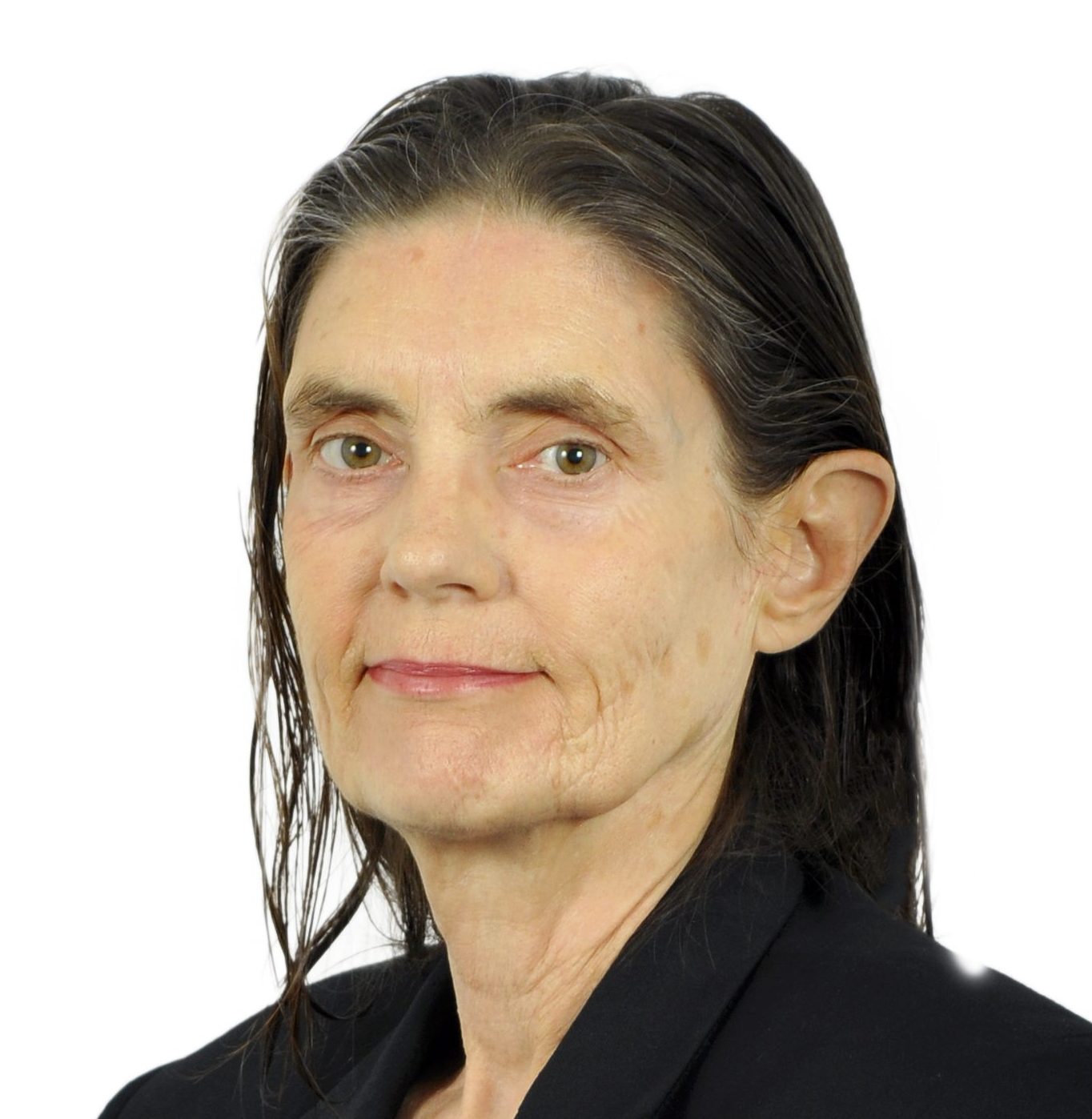Featured Topics
Featured Products
Events
S&P Global Offerings
Featured Topics
Featured Products
Events
S&P Global Offerings
Featured Topics
Featured Products
Events
S&P Global Offerings
Featured Topics
Featured Products
Events
Our Methodology
Methodology & Participation
Reference Tools
S&P Global
S&P Global Offerings
S&P Global
Our Methodology
Methodology & Participation
Reference Tools
S&P Global
S&P Global Offerings
S&P Global
04 Mar 2024 | 08:35 UTC
Highlights
Bapco in midst of $7 billion refinery upgrade
Initial trading focus on refined products
May explore LNG, renewables later
Bahrain's Bapco Energies plans to start trading oil products from its refinery in Sitra in a joint venture with France's TotalEnergies, joining other national oil companies in the Middle East that have set up their own trading operations.
TotalEnergies will bring its global oil and feedstock supply capacity as well as its refining and trading expertise to the venture, the companies said March 4.
Bahrain is a small oil producer, with output of about 170,000 b/d in January, according to the latest Platts survey by S&P Global Commodity Insights. Its Sitra refinery, the only one in Bahrain, has a capacity of 267,000 b/d and is being expanded by 42% in a $7 billion investment scheduled to conclude later this year.
The country just off the east coast of Saudi Arabia has since 2017 allied with OPEC along with several other crude producers to form the wider OPEC+ alliance, which is in the midst of a series of crude oil output cuts to support prices.
Some of the bigger OPEC producers including Saudi Arabia and the UAE have set up their own oil trading arms over the past decade to capture a slice of the lucrative market dominated by independent commodities traders such as Trafigura, Vitol and Gunvor.
Saudi Aramco is among the national oil companies aggressively expanding the reach of their trading operations. Since the 2011 startup of its trading unit with a single office in Dhahran, the world's biggest crude exporter has opened trading offices in Fujairah, London, Singapore and the US, marketing everything from LPG to crude to global markets.
The UAE's ADNOC Trading, wholly owned by the parent company, was set up in September 2020 to focus on crude trading, with its Murban grade now underpinning a futures contract.
QatarEnergy also set up its own trading arm in 2020 to focus on spot LNG, and later oil. Qatar energy minister Saad al-Kaabi said in 2022 that the company aims to become the world's biggest LNG trader within a decade as it boosts its output capacity and expands trading operations.
Kuwait's state oil company is also said to be mulling a formal trading arm, S&P Global Commodity Insights previously reported.
Bapco Chairman Sheikh Nasser bin Hamad al-Khalifa met with TotalEnergies CEO Patrick Pouyanne and Bapco Group CEO Mark Thomas to discuss their trading venture, the companies said.
"Our partnership with TotalEnergies will help build a quality customer base for our expanded production," Sheikh Khalifa said. While initial work will focus on oil and petroleum products trading, future opportunities may include LNG and renewable power, Pouyanne said.
The Sitra refinery upgrade is intended to increase production capacity to 380,000 b/d. Apart from capacity enhancement, the expansion also aims to increase the yield of middle distillates.
